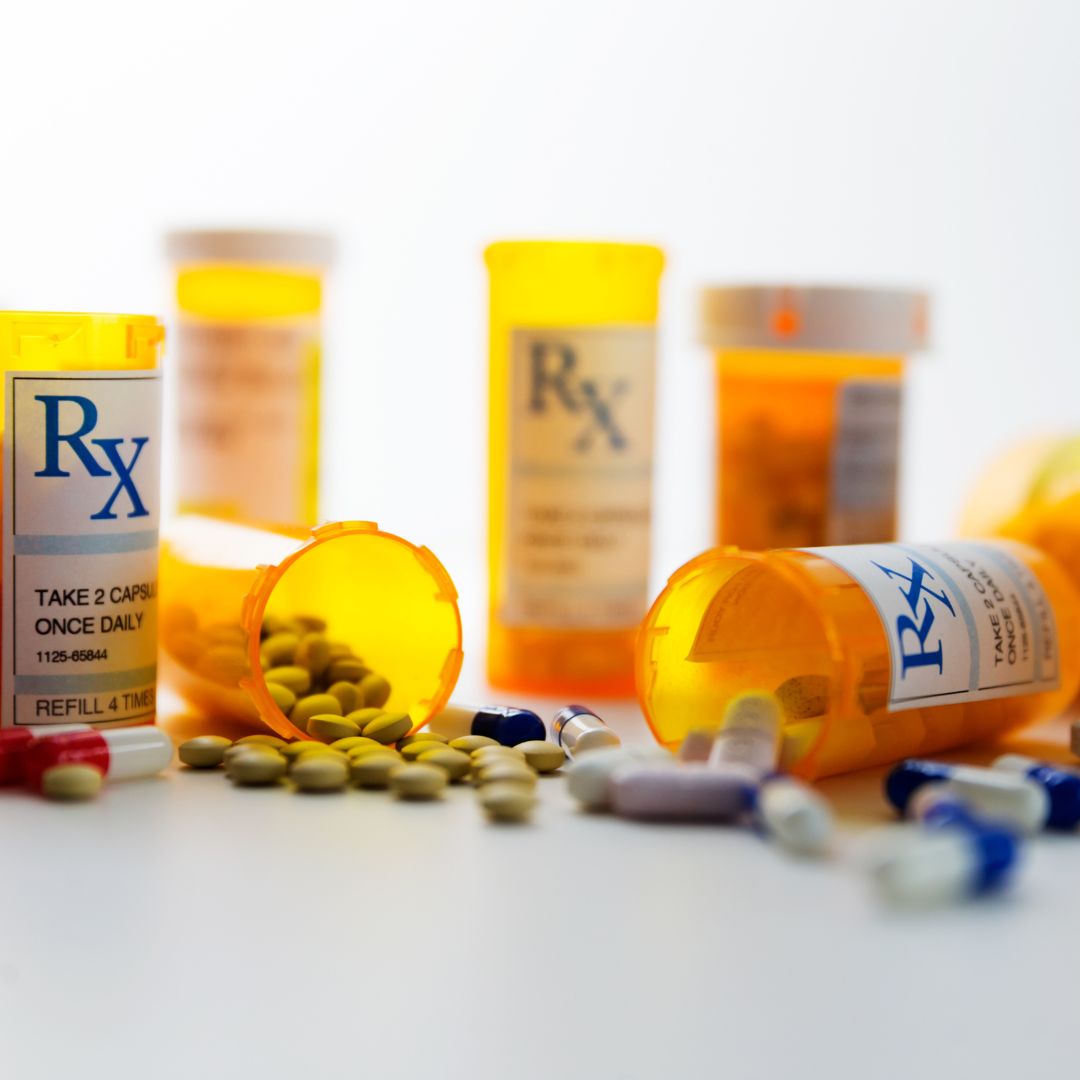Different types of pharmaceutical drug reactions may all look and feel similar to the untrained eye. However, these effects differ depending on various factors, whether dose-related or due to withdrawal, to mention a few.
To know if you’re currently experiencing the adverse effects of medicine, learn what a drug reaction is, why they happen, and their different types.
What is a Drug Reaction?
A drug reaction, also known as a drug allergy, refers to the negative response of a person’s immune system to medicine. This phenomenon happens when your immune system identifies matter like viruses, bacteria, and other substances as hazardous to your health, developing antibodies to combat these particles.
Your immune system deploys these antibodies upon taking medicine or other treatments to expel all dangerous substances, causing the adverse drug reaction.
Aside from these aspects, there are also risk factors that can make you prone to drug reactions, such as:
- food allergies;
- pre-existing diseases like allergic rhinitis;
- family medical history;
- personal medical history;
- drug overexposure;
- prolonged or repeated medication; and
- severe Illnesses like HIV, commonly associated with drug-related allergic reactions.
Why Do Drug Reactions Happen?
As mentioned, different factors can trigger a drug reaction in people. They vary depending on your sickness or the medication you are taking. Here are some common causes of a drug reaction.
Alcohol consumption
If you regularly consume alcohol while medicating, this can compromise your immune system, causing drug reactions.
When mixed with depressants, stimulants, and prescription opiates, among other medications, alcohol creates a synergistic effect. This scenario can trigger loss of coordination, nausea, and, when exacerbated, possibly fatal consequences.
Hereditary factors
You may experience drug reactions because of your genetic history. If your family members are prone to drug reactions when taking specific medication, you may experience the same adverse effects when those hereditary factors are passed to you.
Age
Age can sometimes be crucial in whether you’re more susceptible to drug reactions. Often, the age group most prone to drug reactions tends to be on the opposite ends of the spectrum, like very young children and elderly individuals.
6 Types of Drug Reactions
It can be incredibly confusing and frustrating when you can’t determine what adverse drug reaction you’re experiencing. So, here’s a rundown of the most prominent types of drug reactions.
1. Dose-related
Dose-related drug reactions happen when you take medicine beyond the prescribed amount. This reaction is predictable, as the effect will be swift and apparent. There are a few telltale signs of a dose-related drug reaction, from light-headedness and dizziness to more severe reactions of nausea and palpitations.
2. Non-dose-related
Non-dose-related drug reactions refer to symptoms unrelated to increased medicine consumption. If you experience this effect, you may suffer from rashes, a fever, or something as extreme as anaphylaxis. Experts categorize this reaction as ”bizarre” because it is a rare occurrence that can cause you to be hypersensitive.
3. Time-related
Alternatively known as a delayed reaction, a time-related drug reaction occurs when you use specific treatments or medicine for an extended period. You can identify a time-related drug reaction when you suddenly start experiencing symptoms upon discontinuing your medication.
4. Dose and time related
A combination of dose-and time-related drug reactions occurs when you’ve been using the medicine for an extended period, leading to the drug dose accumulating over time. While relatively rare, this type of reaction is somewhat predictable.
Manifestations of this drug reaction typically happen weeks or months after administering a particular medicine and can lead to gastric ulcers or changes in cardiac functions.
5. Withdrawal
Withdrawal-induced drug reactions occur when you stop taking medication for an illness. This drug reaction is relatively quick, as you can experience withdrawal immediately after not taking the medicine you used to depend on. Signs of withdrawal syndrome include trembling, sweating, agitation, and anxiety.
6. Failure of therapy
The last drug reaction type in this list is the failure of therapy, which may indicate an unexpected reduction, or in some cases, an increase of the medication effect.
A failure of therapy drug reaction may be the easiest to identify since you might experience either no changes to your current condition even after continued medicine use or side effects from the medicine having a more robust efficacy.
What Drugs Do Not Trigger a Reaction?
Drug reactions are a serious matter. While some may experience relatively harmless effects, others may develop more severe illnesses.
Fortunately, homeopathic medicine is an excellent alternative as it does not cause adverse side effects to the patient.
One of the principles of homeopathy is the law of minimum doses, which states that the smaller the dosage, the more effective the remedy is. As such, diluted homeopathic products are less likely to produce adverse reactions than synthetic medication. Indeed, natural medicine and homeopathy are viable alternatives to conventional treatments.
Forces of Nature has got you covered as a reliable homeopathic medicine brand. Established in 1999, Forces of Nature supports the natural healing of common ailments. As such, our homeopathic experts develop high-quality, FDA-registered, and USDA-certified organic remedies for overall health improvement.
For all your homeopathic medicine needs, contact us today!


